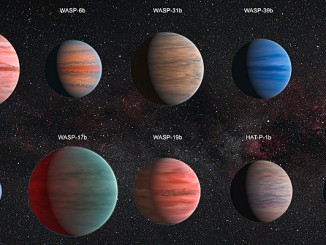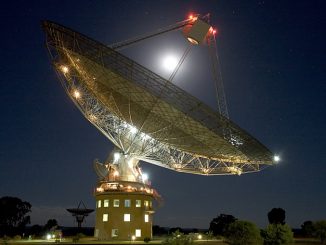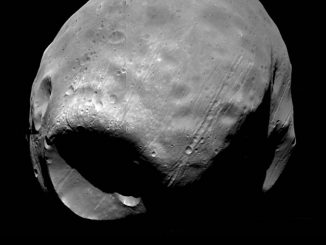
“This important decision endorses the camera fabrication budget that we proposed,” said LSST Director Steven Kahn. “Together with the construction funding we received from the National Science Foundation in August, it is now clear that LSST will have the support it needs to be completed on schedule.”
Science operations are scheduled to begin in 2022 with LSST taking digital images of the entire visible southern sky every few nights from atop a mountain called Cerro Pachón in Chile. It will produce the widest, deepest and fastest views of the night sky ever observed. Over a 10-year time frame, the observatory will detect tens of billions of objects — the first time a telescope will catalogue more objects in the universe than there are people on Earth — and will create movies of the sky with details that have never been seen before.
LSST will generate a vast public archive of data — approximately 6 million gigabytes per year — that will help researchers study the formation of galaxies, track potentially hazardous asteroids, observe exploding stars and better understand dark matter and dark energy, which make up 95 percent of the universe but whose nature remains unknown.
The LSST team can now move forward with the development of the camera and prepare for the “Critical Decision 3” review process next summer, the last requirement before actual fabrication of the camera can begin. Components of the camera, which will be the size of a small car and weigh more than 3 tons, will be built by an international collaboration of labs and universities, including DOE’s Brookhaven National Laboratory, Lawrence Livermore National Laboratory and SLAC, where the camera will be assembled and tested.
“Many excellent, hard-working people have been developing LSST for a long time and it is gratifying to see the quality of their efforts being recognized by the DOE approval,” said Steve Ritz of the University of California, Santa Cruz, the lead scientist of the camera project. “We are all excited about the amount of great science that LSST will enable.”



